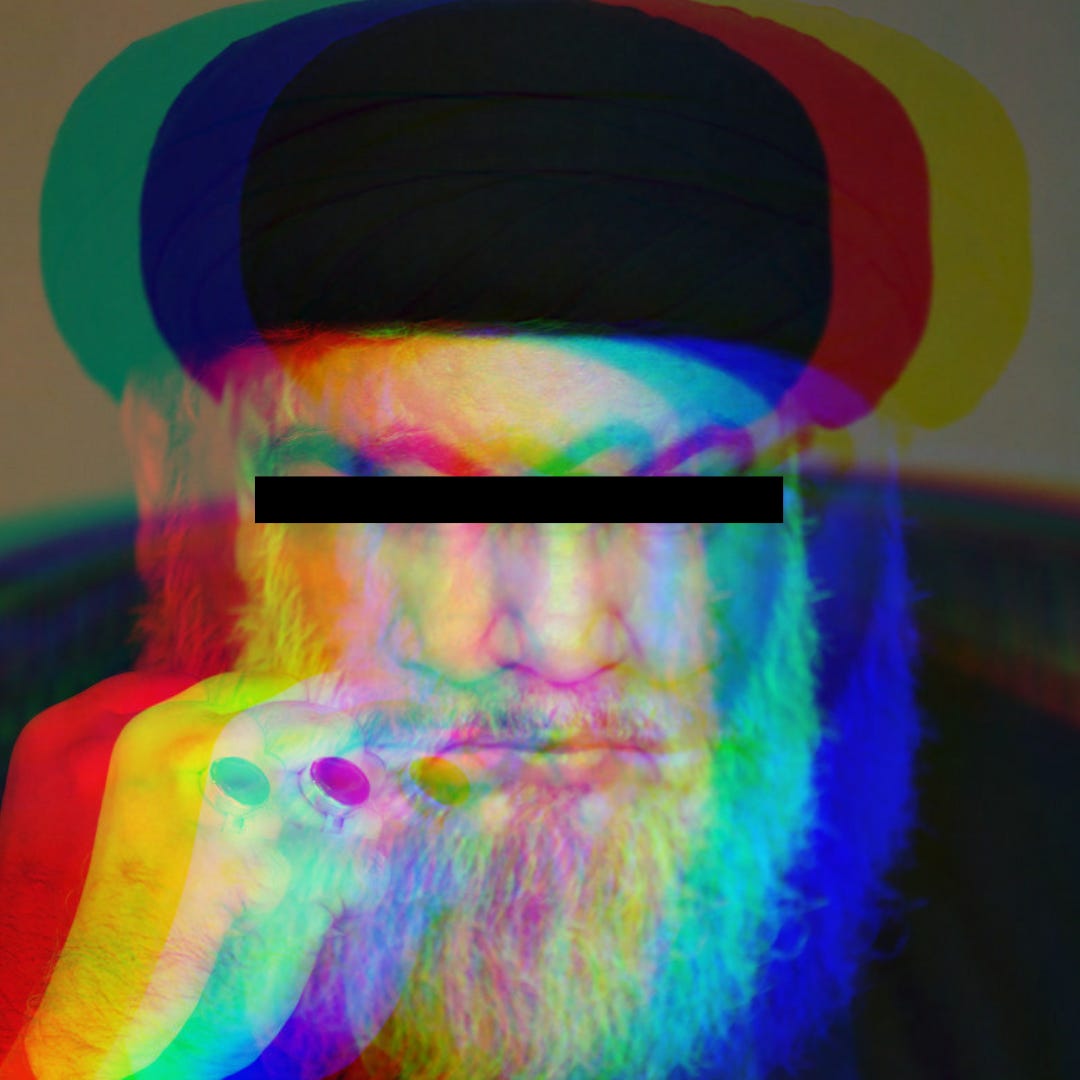Hezbollah: 10 Things You Need To Know
Plus an extra one and a list of resources.
Hauntologies essays and articles are mostly free but some are paywalled. To gain access to all of this websites’ archives, please consider a paid subscription. By doing so, you will gain access to all the archives.
Following the most recent Israeli attacks in Lebanon against Hezbollah as well as civilians there has been a lot of ‘what is Hezbollah’ or ‘who is Nasrallah’ posts being shared. Most outlets mention only what fits in their existing editorial policies, and a lot of the online comments I have been seeing follow a similar enough patterns. Those who hate the group tend to downplay the severity of Israeli crimes and overplay Hezbollah's culpability. Those who support the group effectively focus exclusively on the former while avoiding analysing Hezbollah's actual culpability, particularly its war crimes in Syria.
I will try and be as nuanced as I can, but you should also know my biases. I want to make this very clear from the beginning because I genuinely believe the myth of ‘objectivity’ has caused a lot of damage to the discourse, and not just on this topic. Follow this footnote1 to understand where I am coming from on this, and try your best to apply your own critical thinking skills. Hopefully by doing so I make it clear that while I do believe I have the background and expertise to do this explainer, I do not know everything nor am I claiming that everything I write is free from mistakes.
If interested, my co-host Ayman and I did an episode talking about this article and going more in-depth on From The Periphery premium (Patreon or Apple Podcasts). I was also interviewed for Novara Media and Working Class History on this piece.
Anyway, the following segments are mostly self-contained so there may be repetitions. Recommended readings are available in the footnotes as well.
The rest of the piece is behind a paywall although you can claim your free post below.



